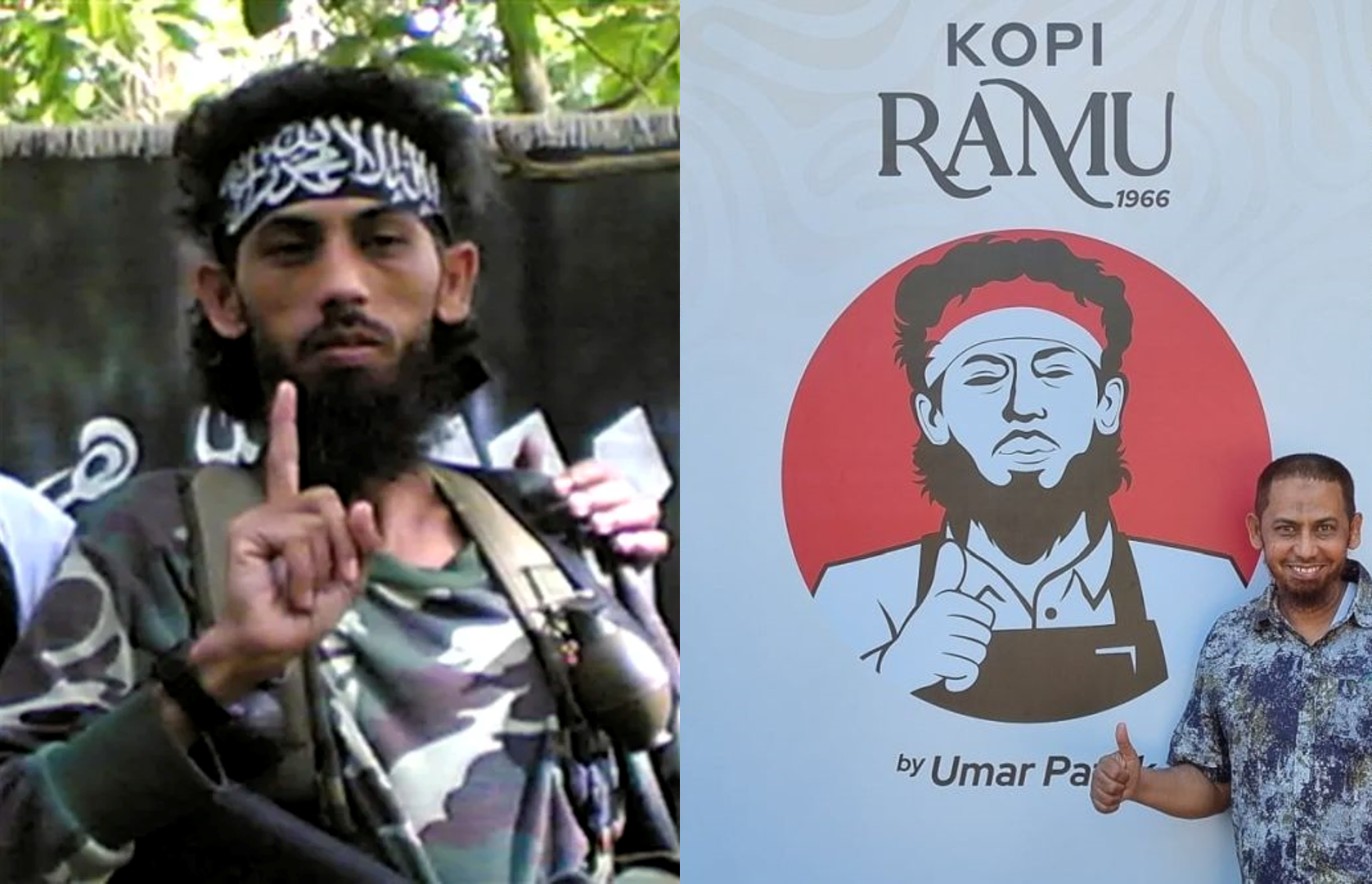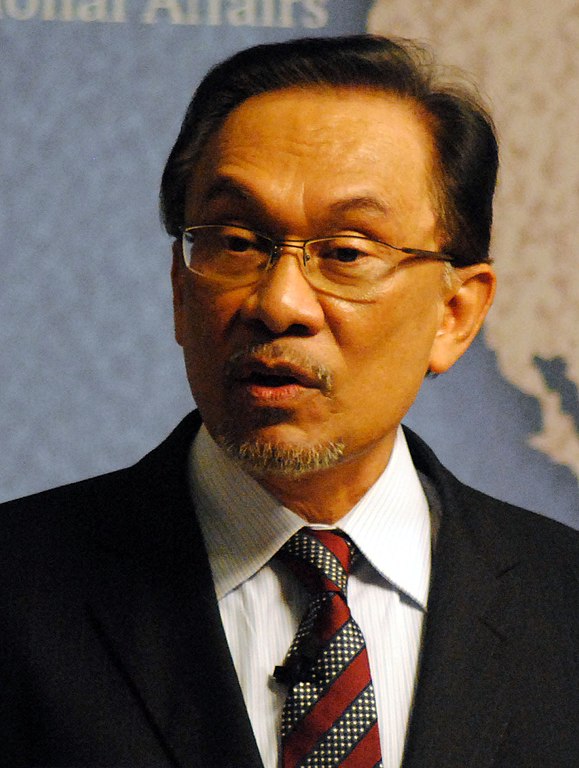
Briefs
Briefs
Mozambican Militants Launch New Offensive
On September 2, Portugal’s Prime Minister, António Costa, completed a two-day official visit to Mozambique, where the main focus of his meetings with his Mozambican counterpart, Filipe Nyusi, was economics. During the visit, Costa also offered Portugal’s support to Mozambique’s counter-terrorism struggle against Islamic State (IS)- militants plaguing the country’s north (theportugalnews.com, September 2). Nevertheless, Costa highlighted that Mozambique’s disarmament, demobilization, and rehabilitation of the repentant or surrendered jihadists had been making significant progress (africanews.com, September 1).
The optimism underlying the bilateral meetings was seemingly countered by the recent success of the militants, who began launching a new offensive in August (voaafrica.com, August 23). Whereas previous offensives since 2018 have generally seen the jihadists push north, this one has seen them, in contrast, move further south to Ancuabe, Chiure and Mecufi districts. Typical of previous jihadist offensives, the fighting is causing numerous civilians to be displaced, including nearly one-million during this offensive.
IS also has taken note of the Mozambican jihadists success as well as the simultaneous attacks by their fellow Congolese jihadists, who until this year were all part of IS’s “Central Africa Province.” It was only this year that IS decided to detach the Mozambican jihadists from the rest of the province, while establishing a separate “Mozambique Province.” The Mozambican jihad has nevertheless been designated as a distinct terrorist organization by the U.S State Department since August 2021 (state.gov, August 6, 2021).
Most recently, on August 19, IS released videos from both the Congo and Mozambique, with the jihadists in each country calling for attacking Christians (Twitter/Jihad_Analytics, August 19). Indeed, one of the main similarities—and certainly challenges—for IS fighters in both Congo and Mozambique is that they must recruit Muslims in predominantly Christian nations. Therefore, they need to frame their narratives in terms of embattled Muslims seeking to implement sharia law in the face of “infidel” laws surrounding them. At the same time, they must recruit hyper-locally within Muslim villages based on narratives opposing the un-Islamic governments under which they live and promoting the broader narratives of establishing an Islamic state and eventually the establishment of a global caliphate.
One of the key factors determining whether Mozambique can turn the tide of the recent jihadist offensive is the contribution of Rwandan troops to the country’s counter-terrorism effort. There is no sign Rwanda is relenting in its mission in Mozambique, which is fortunate for the Mozambicans. On August 16, for example, Paul Kagame, who is not only the President but also the Rwanda Defence Forces (RDF) Commander-in-Chief, promoted Major General Eugene Nkubito to lead the RDFs battle against the Mozambican jihadists (ktpress.rw, August 24).
On the economic front, what Mozambique needs is to restart the Total Gas facility that was crucial to the country’s GDP (allafrica.com, September 1). It was shut down in April 2021 during the last major offensive by the Mozambican jihadists, which prompted international attention to be directed towards ensuring Mozambican security and the ensuing Rwanda-led intervention (aljazeera.com, April 26, 2021). If, as the Mozambican government expects, the facility can reopen in 2023, the jihadists will need to be held at bay while the economy has a chance to recover its pre-war trajectory.
*****
Indonesia Deradicalizes Bali Bombing Jihadists
In what appears to be a major paradox for a longtime jihadist ideologue who once condemned the Indonesian Constitution and demanded its replacement by the Quran, on August 17, Abubakar Baasyir participated in Indonesia’s Independence Day ceremony (jakartaglobe.id, August 17). The ceremony took place at the Baasyir-founded Al-Mukmin Boarding School in central Java, which at one time had the reputation as being the “university of terror” because of all the alumni who went on to join terrorist organizations like Jemaa Islamiya (JI) (news.com.au, June 14, 2017).
However, in recent years Al-Mukmin has experienced great change, with the school publicly embracing the legitimacy of the Indonesian state. This is reflective of the apparent success of the Indonesian deradicalization campaign, which has seen former terrorists, including Al-Mukmin alumni, abandon terrorism after consistent engagement with moderate Indonesian Islamic scholars as well as financial, psychological, and professional assistance from the state (jakartapost.com, January 13; Terrorism Monitor, March 25).
Baasyir himself may represent successful deradicalization programming, despite the fact this would have been nearly impossible a decade ago. After Baasyir was granted clemency and released from prison early (on terrorism charges of establishing a jihadist training camp in Aceh in January 2021), he condemned violence and even denied any foreknowledge of JI’s Bali bombings in 2002, which killed more than 200 people (benarnews.org, February 18, 2021). Whether his statement is true or not, the fact that Baasyir would say this beside Indonesian counter-terrorism officials indicated he now accepted not only the Indonesian state, but also counter-terrorism operations against his former organization JI.
In contrast, at the 2011 trial that resulted in Baasyir’s imprisonment, he proclaimed that he was a jihadist who is “defending Islam and Muslim people from the despotism of the pharaohs from America, Australia and their allies,” with an emphasis on Indonesian counter-terrorism officials being such “allies” (smh.com.au, February 23, 2011). Although he was sentenced to serve a prison sentence until 2026, his age at 83-years old and poor health were cited as reasons for his early release (tribunnews.com, January 8, 2021). Australians, whose compatriots were among the most victimized in the 2002 Bali bombings, vociferously opposed Baasyir’s release from prison, but Indonesia went ahead with the move so long as Baasyir disavowed violence and terrorism (indonesiaexpat.id, January 9, 2021).
Besides the Baasyir case, the Indonesian Ministry of Law and Human Rights has also announced that Umar Patek is scheduled to be paroled (belu.inews.id, September 4). Unlike Baasyir, who denies a role in or knowledge of the 2002 Bali bombings, Patek admits his role, but has apologized for the attack and now claims to have been deradicalized (abc.net.au, August 8). His initial apology to Christians was in 2012 and he evidently has continued on the course of repentance since then (kompas.com, May 5, 2012).
While Indonesia’s clemency to former jihadist ideologues like Baasyir and jihadist attackers like Patek is somewhat unique in the Islamic world, the country has also seen decreasing terrorism in recent years. This suggests Indonesia’s deradicalization programs, unlike the programs found in other states, may be having a positive effect. If so, Indonesia deserves to be studied by other states seeking to deal with jihadist prisoners and as well as those currently pursuing deradicalization programs.


